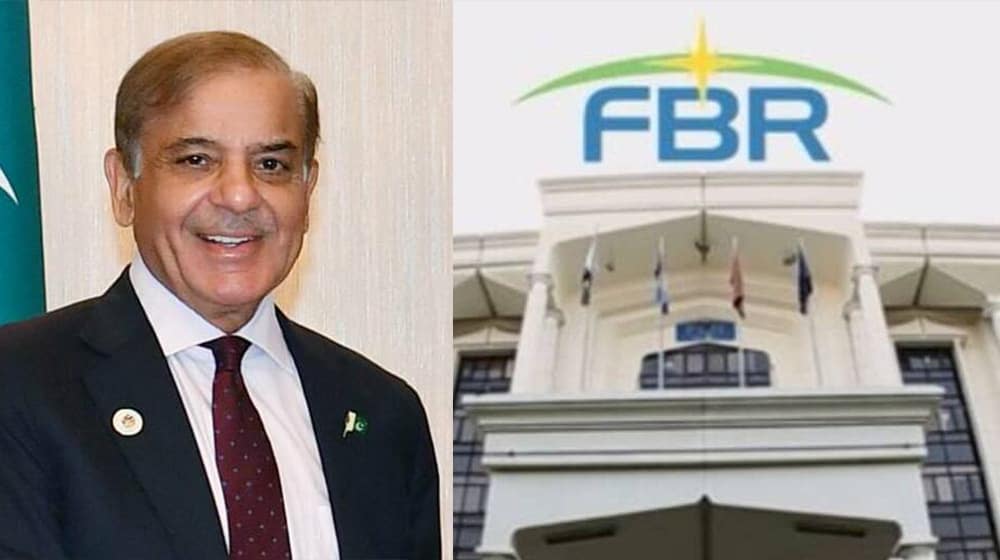Pakistan has missed its investment-to-GDP target of 14.2% for the fiscal year 2024-25, achieving 13.8% instead, primarily due to stagnant private sector investment. This marks a slight improvement from last year’s 13.1%, according to data approved by the National Accounts Committee.
Despite various investment initiatives, tangible results remain limited. The Pakistan Sovereign Wealth Fund (PSWF) is still inactive due to unresolved legal concerns with the International Monetary Fund (IMF). Many other initiatives have shifted focus to broader economic policy support rather than direct investment.
Fixed investment reached 12% of GDP, falling short of the 12.5% target. Private investment settled at 9.1%, missing its 9.7% goal, while public sector investment was recorded at 2.9%.
On a positive note, the savings-to-GDP ratio rose to 14.1%, exceeding the 13.3% target, largely due to an anticipated current account surplus. However, the IMF has projected foreign direct investment (FDI) to remain at just 0.5% of GDP, or $2.1 billion—slightly lower than last year. The IMF report emphasizes the need to eliminate anti-export barriers such as restrictive trade policies and inefficient tariffs to stimulate greater investment.
READ MORE: SECP Warns Public Against Fraudulent Loan Ads on Social Media
The government has pledged to amend the PSWF Act by March 2026. Planned reforms include converting the fund into a state-owned enterprise, improving governance to meet international standards, and narrowing its function to co-investing in viable commercial projects. The revised law will prohibit the fund from operating as a sole investor or bearing first-loss risks.
New legislation will also mandate transparency and competitiveness in privatization and procurement, including full disclosure at every stage—especially regarding beneficial ownership.



